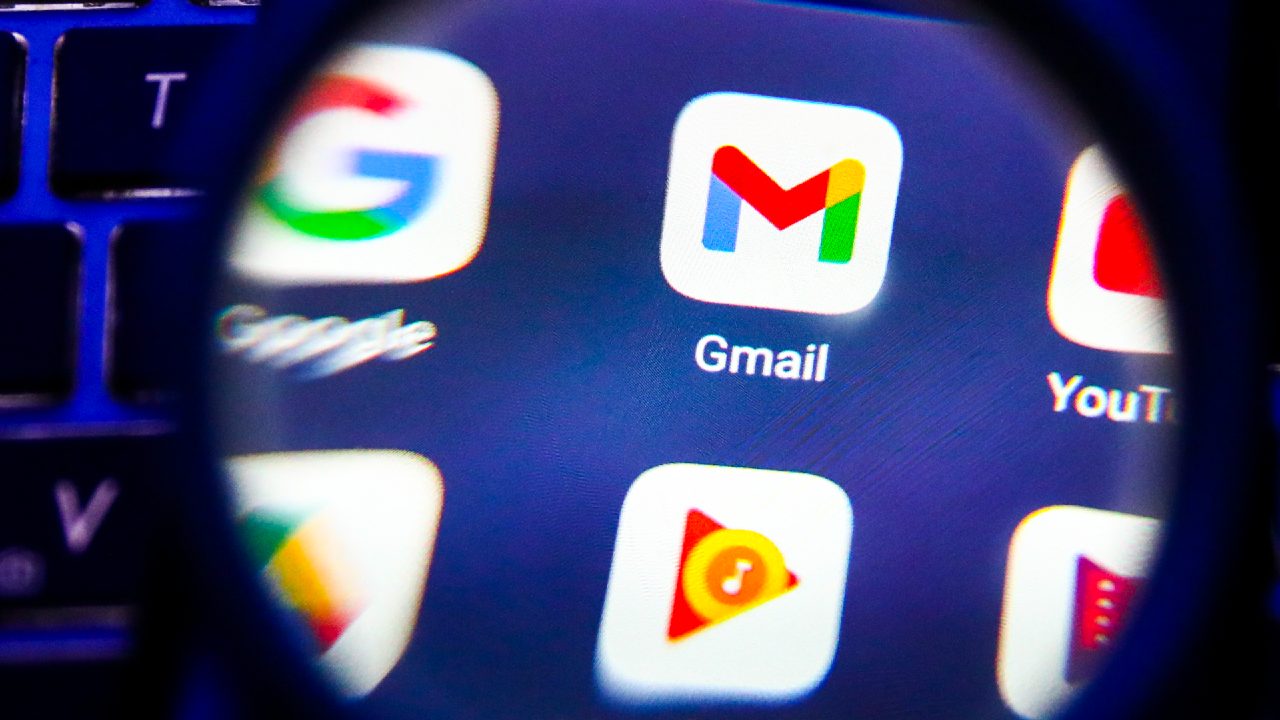It’s becoming one of the biggest endgame issues of Europe’s tech offensive – who will fall in scope and be named a digital gatekeeper, subject to onerous dos and don’ts. Despite belated opposition from the US government, the EU looks set to approve by summer its Digital Markets Act (DMA).
The US houses the world’s five biggest tech companies – you know ’em. Without a doubt, they will be named gatekeepers. But will any other companies, particularly European ones? The European Council has called the issue “political” as it could end up targeting some unlikely candidates, including European telcos and energy giants.
In its corner, the European Parliament is fighting for a narrow scope. In May 2021, rapporteur MEP Andreas Schwab said, “let’s focus first on the biggest problems, on the biggest bottlenecks. Let’s go down the line – one, two, three, four, five – and maybe six with Alibaba. But let’s not start with number seven to include a European gatekeeper just to please US President Joe Biden.”
The Parliament text calls for limiting gatekeepers to companies with at least €8 billion in annual turnover in Europe and a market capitalization of at least €80 billion. But the European Commission and Council may expand the scope to include European companies such as travel services giant Booking, enterprise software leader SAP, and media conglomerate Vivendi. Brussels’ originally proposed DMA – where thresholds stood at €6.5 billion and €65 billion respectively – would include an estimated 15 gatekeepers.
The final legislation may end up covering additional companies. In the original European Commission DMA draft, a company must operate at least two “core platform services.” But the Parliament’s version only requires one core platform. A bank or a telco, might wake up and find themselves targeted as a gatekeeper, as long as it provides a “core platform service” in at least three European countries.
The three-country minimum leaves out companies such as Allegro, which dominates Polish e-commerce with a 33% market share, and Bol.com, operating in the Netherlands and Belgium. Instead, a company like Amazon – a relative newcomer to these markets with a low, single-figure market share – would be stifled from the get-go.
The Brussels-based European Commission to make the final gatekeeper designation. In most versions of the DMA, the gatekeeper must have “a significant impact on the internal market”; operate “a core platform service which serves as an important gateway for business users to reach end-users”; and enjoy “an entrenched and durable position in its operations or it is foreseeable that it will enjoy such a position in the near future.”
This wording leaves plenty of leeway for the Commission to determine what is a gatekeeper, especially when it comes to companies that do not fall within the quantitative thresholds but Brussels think might satisfy the qualitative criteria. Who’s to say the DMA’s scope won’t grow to include companies like France’s biggest bank, BNP Paribas, or Germany’s leading telco, Deutsche Telekom. After all, they meet the requirements and offer digital services.
The potential impact on transatlantic relations is already enormous. “Understandably, the US is frustrated at the risk of suffering the ‘Brussels effect’ and being perceived to be a follower on such important issues,” says Giuseppe Colangelo, an Italian competition policy expert. “Instead of aligning itself with European legislation, one would expect the US to engage in a cultural battle against the over-regulation of innovative markets, as it did with regard to the GDPR in terms of data protection.”
The tension could spill over into the much-ballyhooed EU-US Trade and Technology Council.
European lawmakers don’t quite like provisions of the American Cloud Act – which potentially clears US intelligence to examine data stored on European soil by American companies. Both sides desperately need to solve the Privacy Shield issue. Could DMA thresholds look like a worthy bargaining chip? If Europe agrees to expand its gatekeeper definition, might the US curb its surveillance?
Otto Lanzavecchia is an Italian journalist currently writing for Formiche.net and Decode39. A City, University of London alumnus, he focuses on international affairs, technology, and the ecological transition.




